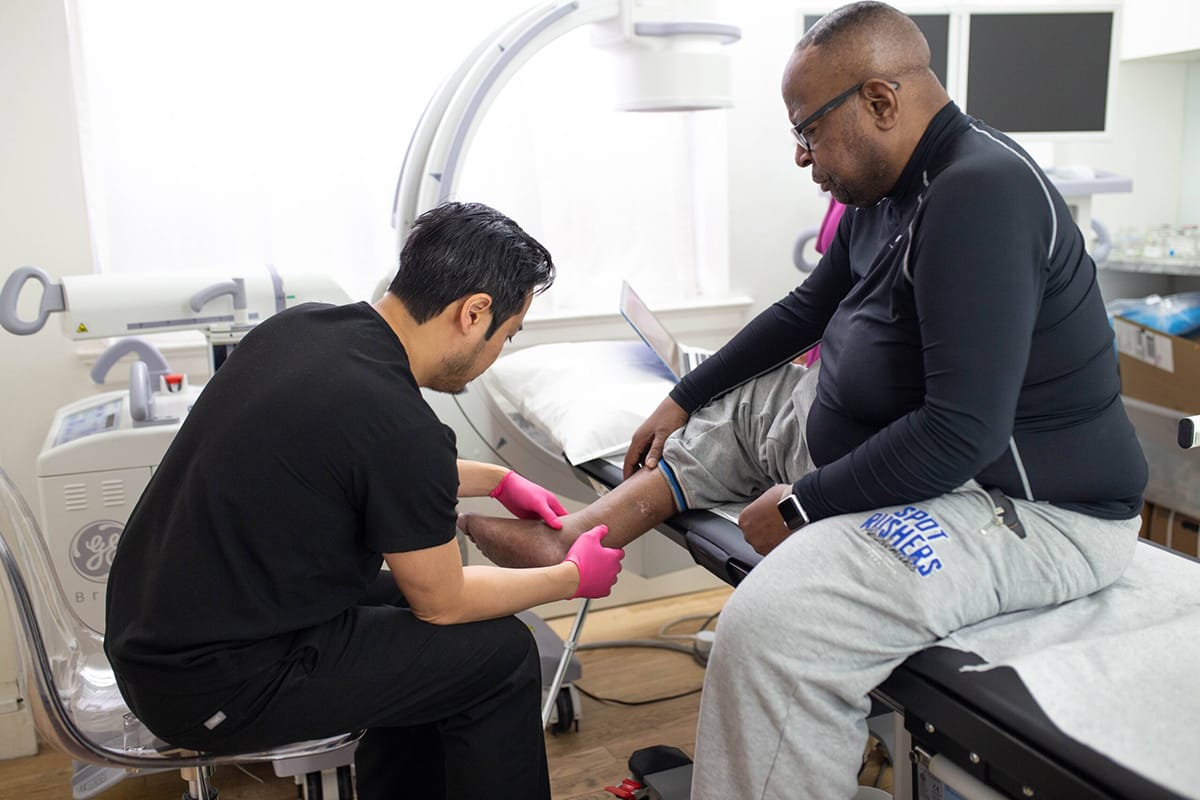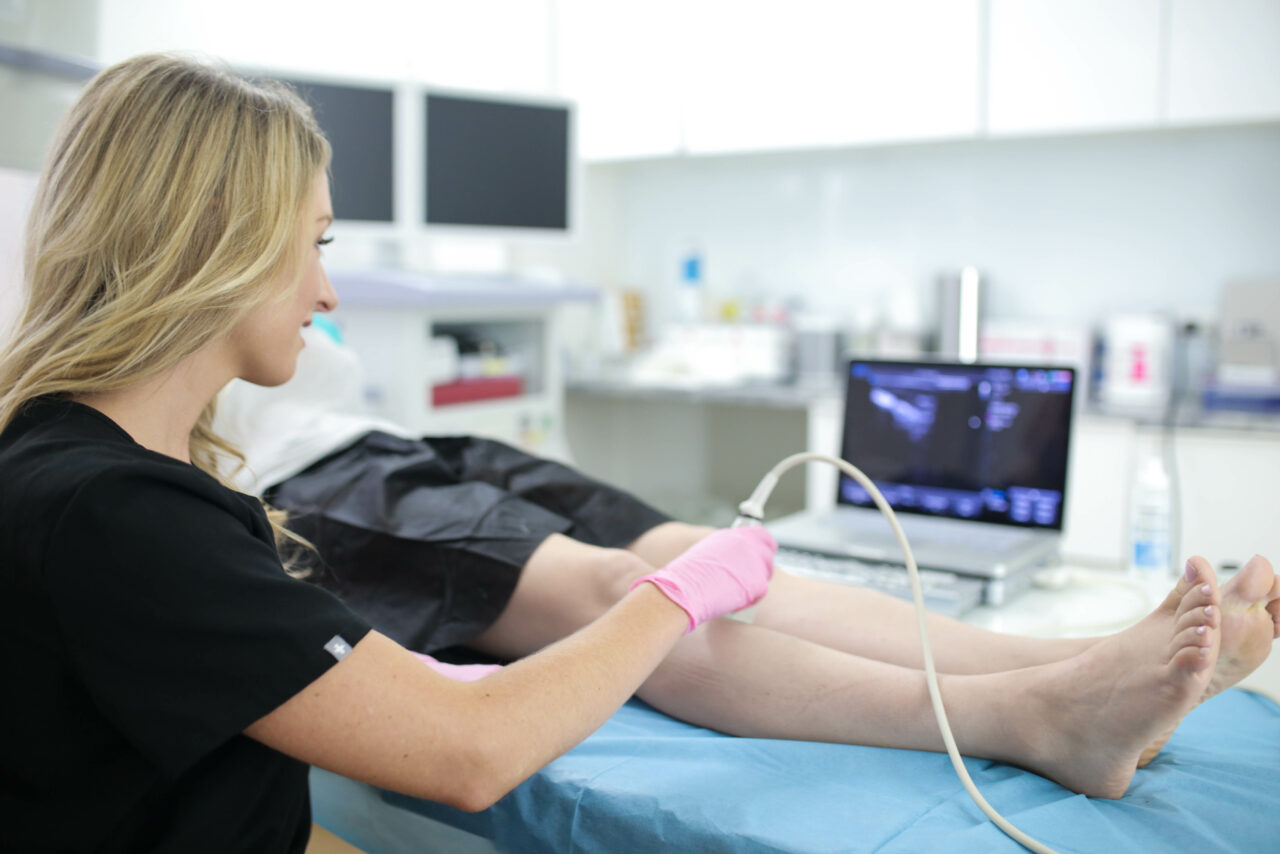The Role Of A Phlebologist In Treating Varicose Veins
Posted By vein treatment
Body
Our health is based on the state of our veins. Our veins return blood to our hearts, keep them healthy and robust, and ultimately allow our bodies to function normally. Veins are a necessary component of the living jigsaw, it is safe to presume. This article explores what kind of doctor is a vein specialist is and what is a vein doctor called? Continue reading.
Are you curious about the type of physician who specializes in veins?
Are you prepared to seek the top vein specialist to treat your ailment and improve your overall health? See the best physician, follow the recommended safety precautions, and prioritize your health and well-being.
Signs of a vein issue
For many, varicose and spider veins—a particular, smaller variant of varicose veins—are merely an aesthetic concern. However, some people may cause irritating pain and discomfort, occasionally leading to more painful problems.

When Is It Appropriate To See A Vein Expert?
Here are some indicators that could point you in the right direction if you're looking for information on when to see a vein specialist and what kind of doctor is a vein specialist:
You continued to have venous issues from a prior pregnancy. Pregnancy can cause circulatory strain, and increased blood pressure further strains the fragile vein boundaries. In fact, due to these factors, varicose veins, or haemorrhoids, often appear during pregnancy.
There are dry, itchy patches on your feet or ankles. Any disruption to the circulation in your legs may cause dry, itchy skin. This is usually observed around your ankles or the area of your feet since blood has to travel the furthest to reach your extremities.
When is a vein something to be concerned about?
On the other hand, varicose veins might worsen with repeated exposure. If your symptoms impede your everyday activities, it's a good idea to see a vein doctor, especially if your legs and feet are swollen and in excruciating agony. If the damaged veins get worse, you risk more serious health issues like a pulmonary embolism, serious vein thrombosis, or other blood clotting disorders.

Considering the possibility of getting varicose veins
Pregnancy: The body's blood volume rises throughout pregnancy. This alteration allows the fetus to develop but may also result in enlarged leg veins.
Hormonal changes before a menstrual period, during pregnancy, or throughout menopause may impact menopause because female hormones mature to loosen vein walls.
Here are a few reasons why veins occur.
Either blue or dark purple veins
Veins from other parts of the body replenish the blood in the heart.
Small valves found in veins open to let blood move toward the heart and close to stop it from moving in the other direction.
In summary
Veins are used primarily for two purposes. One is to gather blood from different body parts with low oxygen levels and return it to the heart. The other is to transport oxygen-rich blood from the lungs to the heart. See a local vein specialist and contact the physicians for further details.










Comments